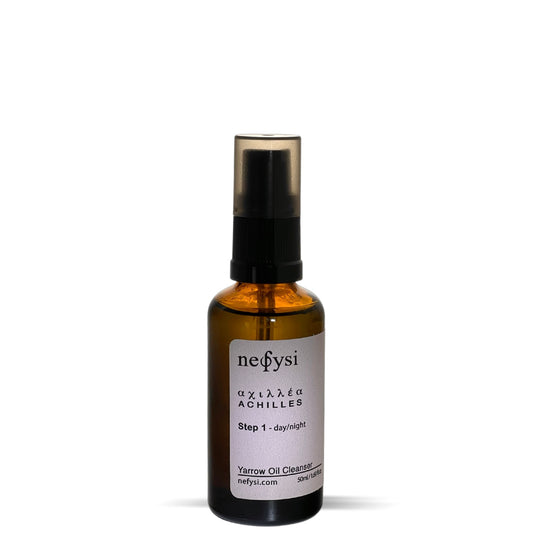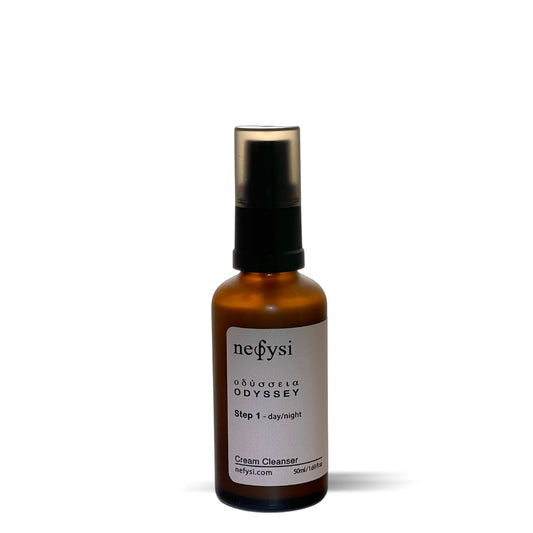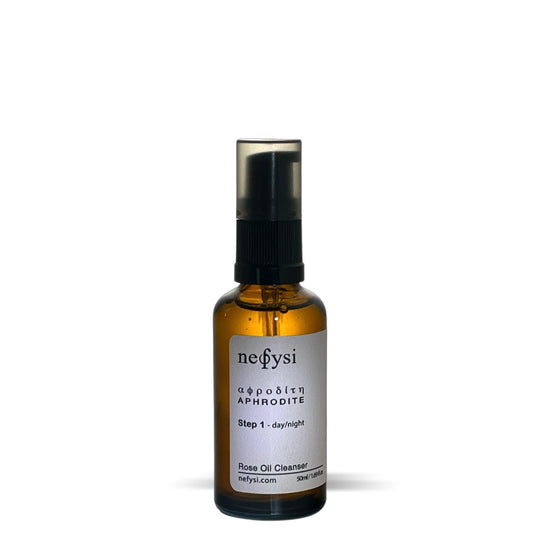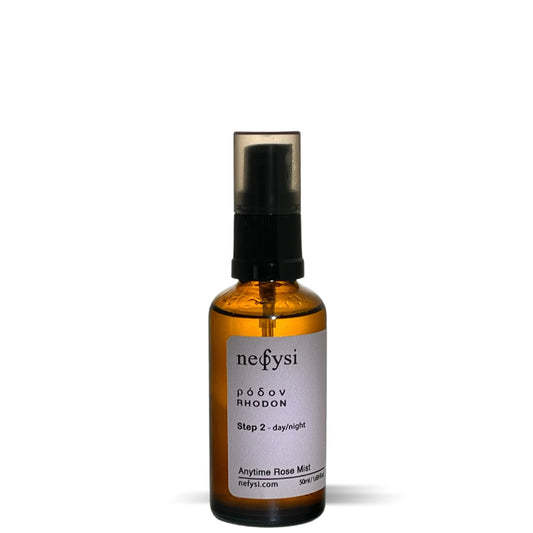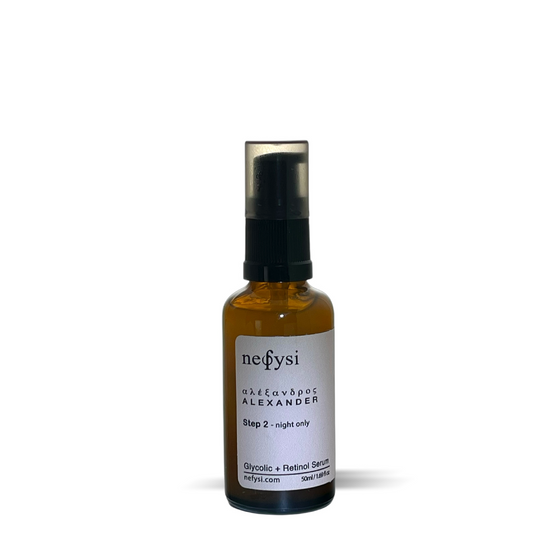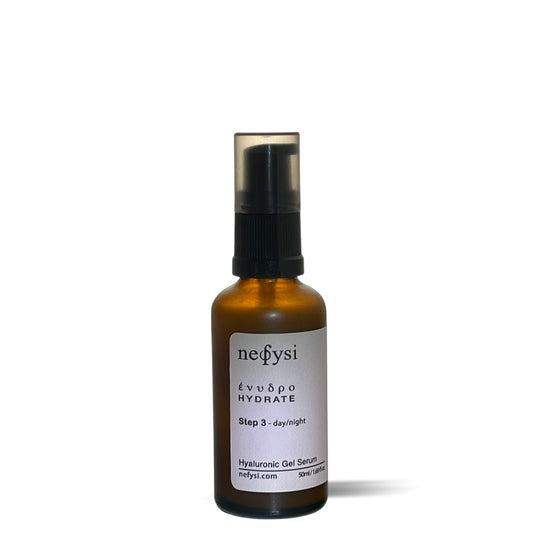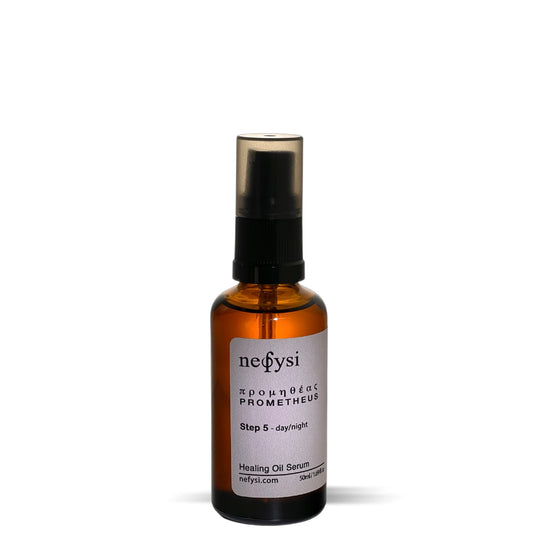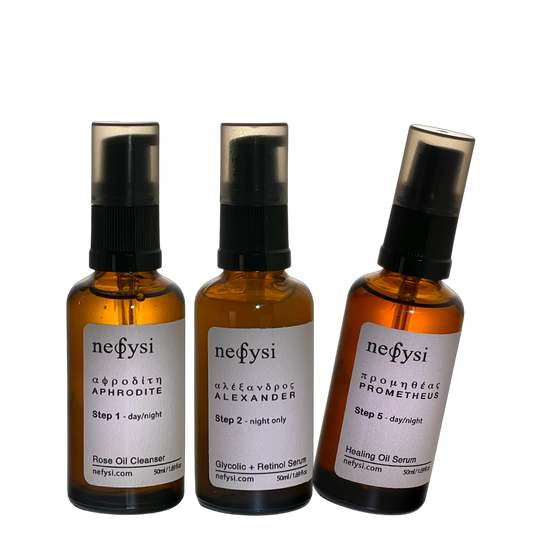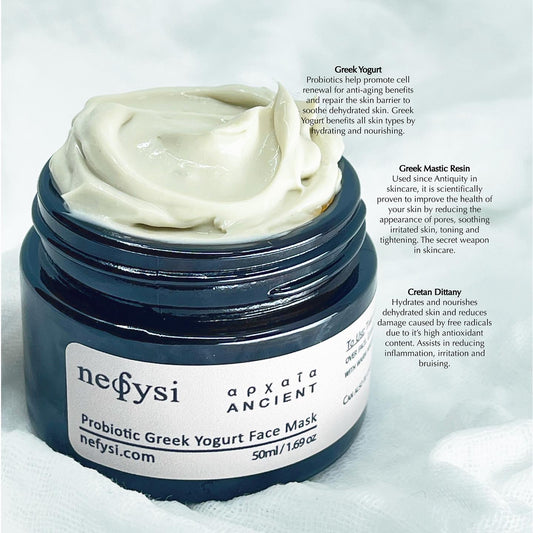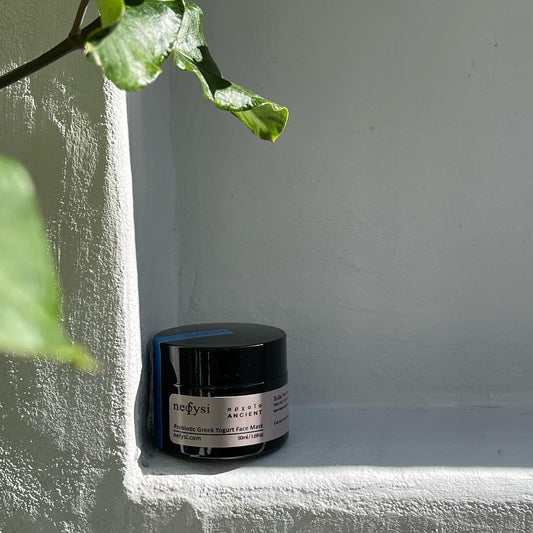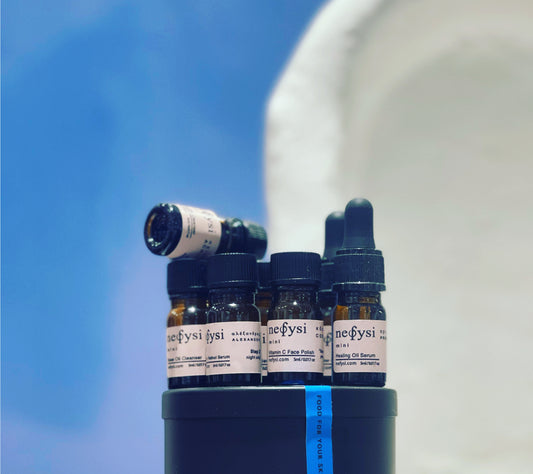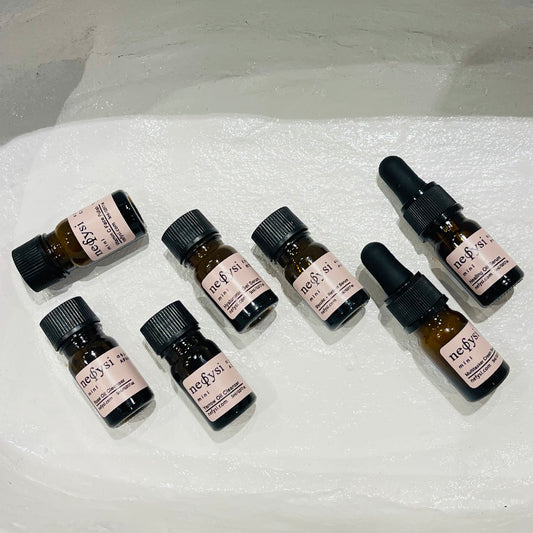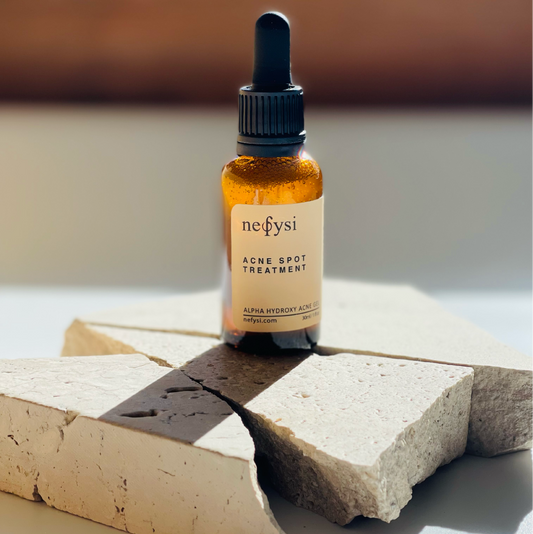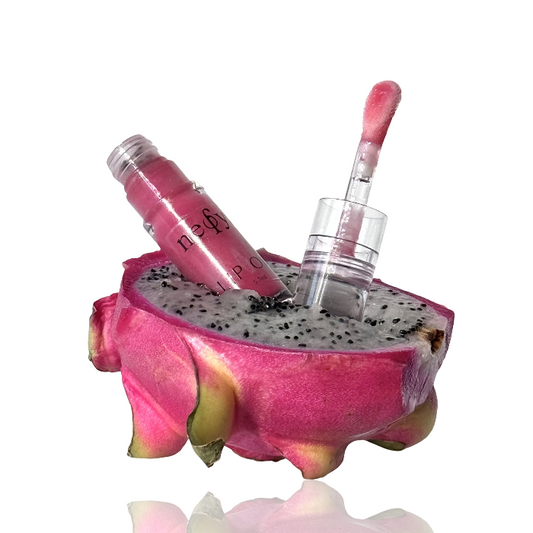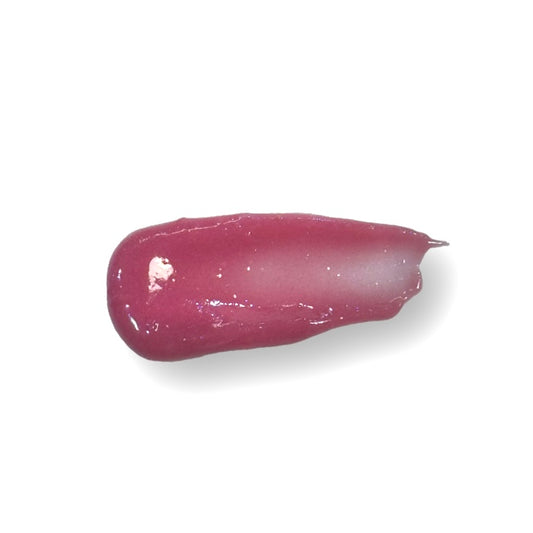Collapsible content
Tips to care for teen skin
Tip 1: It Is Not Too Early To Start caring for your skin
In the teen years, it is vital to begin taking care of your skin, so you have a healthy foundation as you age.
Tip 2: See A Professional
It is important to consult with your doctor or dermatologist to make sure that you are using the correct products in the right way and getting regular professional treatments for your skin conditions.
Some cases of advanced acne will require medication, so consulting a professional early on will help diagnose your skin condition and avoid prolonged breakouts and potential scarring.
Tip 3: Begin With The Basics
The three crucial steps for a teen skincare routine are cleansing the skin, toning it to balance the pH, and keeping it hydrated. Don’t be afraid of facial oils, they can be great for acneic skin as oil dissolves oil. However, too much oil can be dehydrating, so be careful not to overdo it. Focus on the evening routine and be consistent. Do not skip a day.
Tip 4: Tackle Acne Gently
Higher levels of hormones which develop during puberty, are associated with oilier hair and breakouts. These hormones are known as androgens, and they can aggravate your skin by increasing oil and sebum production. This excess sebum, combined with dead skin cells, clogs the pores and invites bacteria to proliferate.
For some teens, that reaction is just a pimple or the occasional breakout. For others, consistent breakouts create acne, a chronic condition characterized by comedones (blackheads), papules, pustules and cysts.
For mild to moderate breakouts, we recommend enzymatic treatments to target the blemish and gently exfoliate without over drying the surrounding skin.
Tip 5: Don’t forget to use sunscreen as the last step of your morning routine - whatever that may be…
Don’t forget to use a sunscreen in the morning, one that is not greasy, which can aggravate underlying acne.
-
Achilles | Yarrow Oil Cleanser | 50ml
Regular price $39.00 AUDRegular priceUnit price perOdyssey | Cream Cleanser | 50ml
Regular price $39.00 AUDRegular priceUnit price perAphrodite | Rose Oil Cleanser | 50ml
Regular price $39.00 AUDRegular priceUnit price perRhodon | Anytime Rose Mist | Toner | 50ml
Regular price $39.00 AUDRegular priceUnit price perAlexander | Glycolic + Retinol Exfoliator | 50ml
Regular price $79.00 AUDRegular priceUnit price perHydrate | Hyaluronic Gel Serum | 50ml
Regular price $79.00 AUDRegular priceUnit price perPrometheus | Healing Oil Serum | 50ml
Regular price $159.00 AUDRegular priceUnit price perExtreme Brightening Kit
Regular price $249.00 AUDRegular priceUnit price per$277.00 AUDSale price $249.00 AUDSale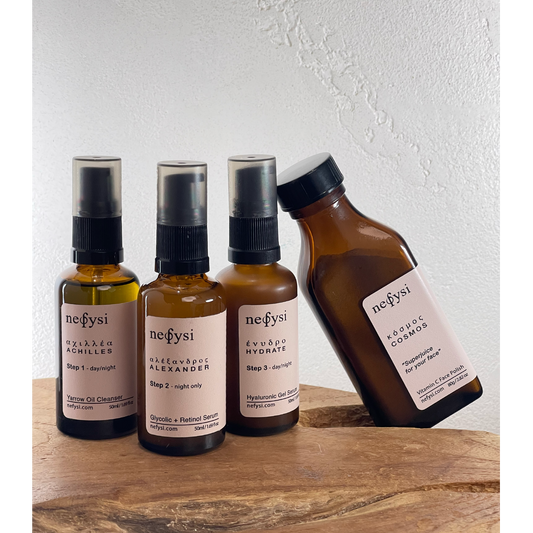 Sale
SalePurifying Kit
Regular price $249.00 AUDRegular priceUnit price per$286.00 AUDSale price $249.00 AUDSale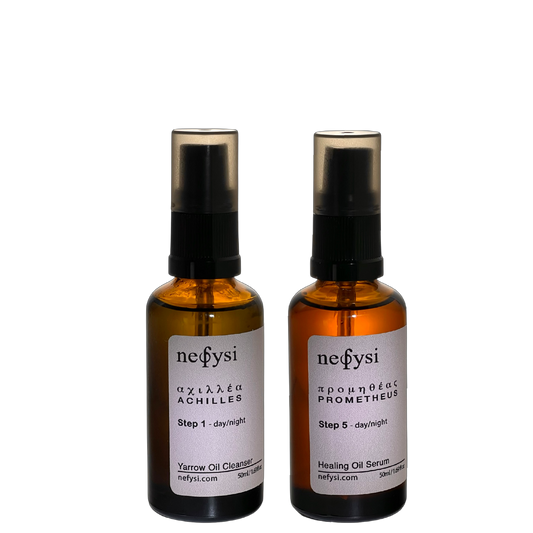 Sale
SaleAcne Kit
Regular price $189.00 AUDRegular priceUnit price per$198.00 AUDSale price $189.00 AUDSaleAncient | Probiotic Greek Yogurt Face Mask | 50ml
Regular price $69.00 AUDRegular priceUnit price perDiscovery Kit | 7 bestseller 5ml mini’s
Regular price $59.00 AUDRegular priceUnit price per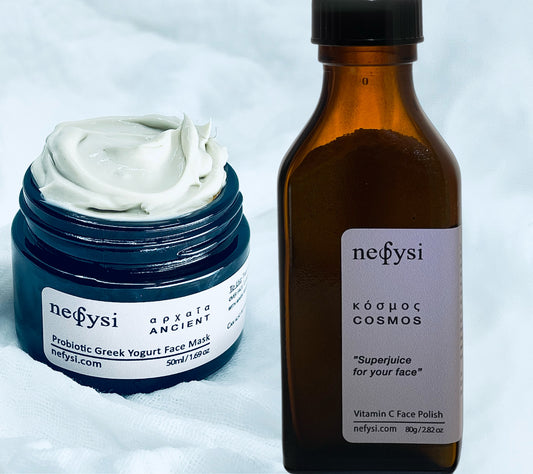 Sale
SaleDouble Mask Pack
Regular price $140.00 AUDRegular priceUnit price per$158.00 AUDSale price $140.00 AUDSale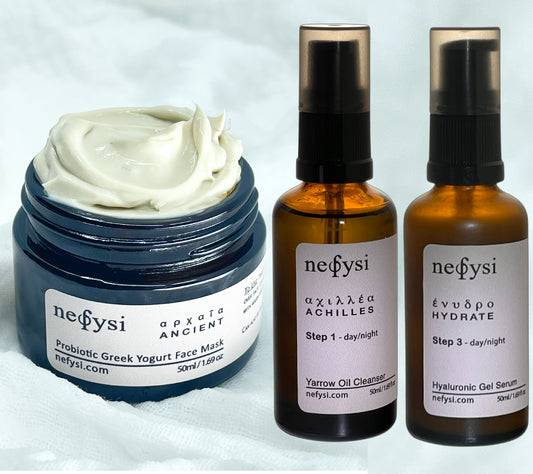 Sale
SaleThe Essentials Pack
Regular price $140.00 AUDRegular priceUnit price per$187.00 AUDSale price $140.00 AUDSaleAcne Spot Treatment | Alpha Hydroxy Acne Gel | 30ml
Regular price $49.00 AUDRegular priceUnit price perWant more? Follow us on Instagram
@nefysi.skincare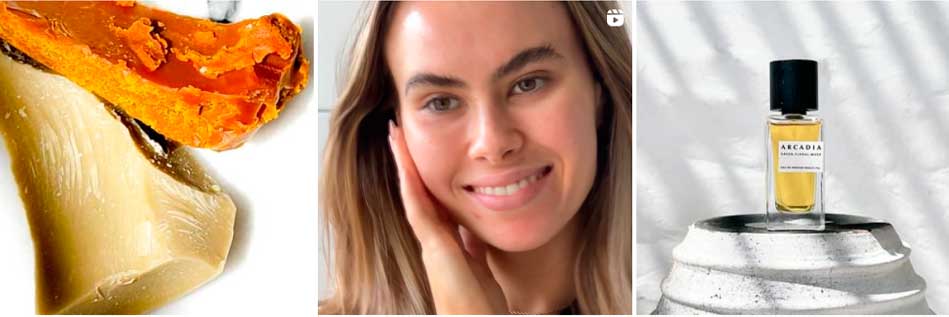

- Choosing a selection results in a full page refresh.


